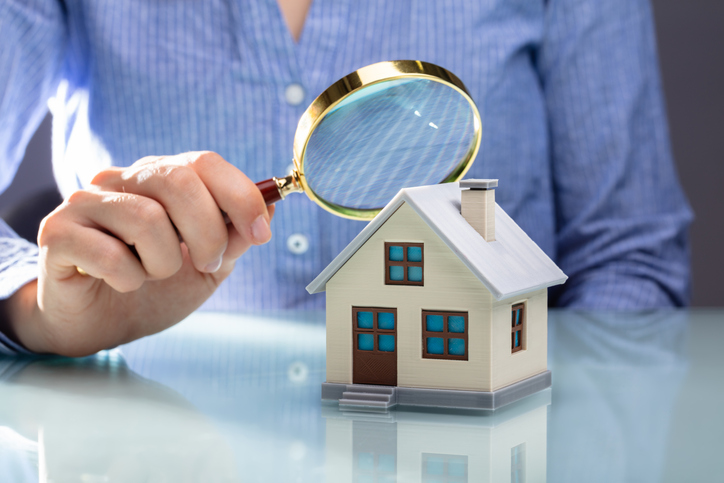While buying a property, Chinese people would usually avoid a “haunted house”. If you accidentally bought a haunted house, on top of being anxious about that, it may also affect the bank mortgage application. How to tell if it is a haunted house when you buy a property in Hong Kong?

No.1 Check on websites with a “haunted house” database
There isn’t a clear definition of a “haunted house” offered by the government. But in general it refers to a house in which a person/ people died unnaturally, e.g. a person committed suicide or was murdered. The news about these cases would usually be posted online and there are plenty of websites that offer information about“haunted houses”. But the information may not be 100% accurate as it is gathered by unofficial organisations.
No.2 Conduct searches on the Land Registry
Another way is to search the information on the Land Registry. If the owner of a property passed away, the death certificate would be shown on the land records and the location and reason of death could be seen. Usually the death location of people who committed suicide would be flat roofs of the buildings and the reason of death would usually be “organ displacements or skull fracture”. One point to note is that land records only show whether the property owner passed away instead of showing tenants.
No.3 Request a bank valuation
Requesting a bank valuation is a more reliable way. Banks in Hong Kong would blacklist the “haunted houses” in a non-public way. If the valuation offered by the bank is unusual (obviously lower than the market price) or the bank rejects to value the property, it may imply that the property is “haunted”. But some foreign banks do not consider a haunted property as a flaw and would carry out a valuation. Buyers are advised to consult different banks as reference.
No.4 Consult an estate agent
It is vital to choose a professional estate agent while buying a property. In Hong Kong, according to regulations by the Estate Agents Authority, if an estate agent commits fraud or makes a false statement of fact, he or she is subject to penalties, including a fine or even revocation of the license. Therefore, if the buyer asks the agent if the property is a “haunted house”, the agent has the responsibility to tell the fact.
No.5 Visit the community
It is necessary to view the property in person before buying it. While viewing the property, the buyer could know more about the condition of the property, the owner and the tenant through asking residents on the same floor, the management office and the security guard, and estimate if the property is a “haunted” one.
If the buyer is not sure if the property is “haunted” after asking around, he or she is advised to negotiate with the owner and add a term on the Sale and Purchase Agreement stating that if the property is found to be a “haunted” one, the buyer could terminate the contract and get refund by the owner.
Of course, some people may accept a “haunted home”, for example, religious people do not mind buying a “haunted home. On the other hand, the price of “haunted homes” is usually lower than the market price. Some people would buy an old “haunted home” with low price and wait for future acquisitions. Lastly, buyers are advised to look for a licensed and reliable estate agent who would tell you factual information during the process of property sourcing and buying, freeing you from lots of troubles.


